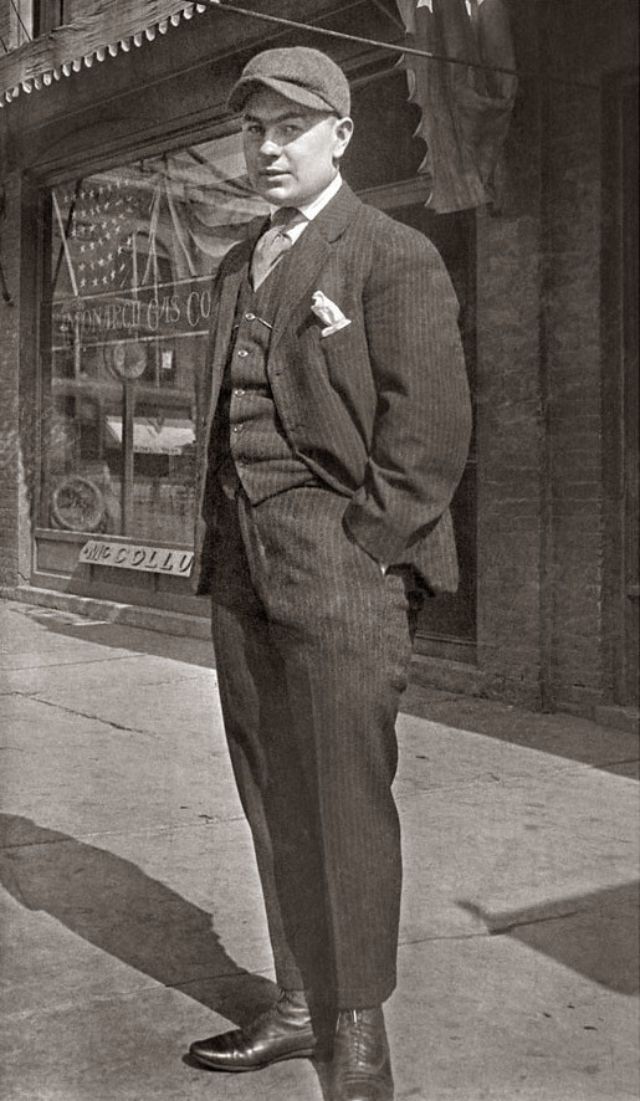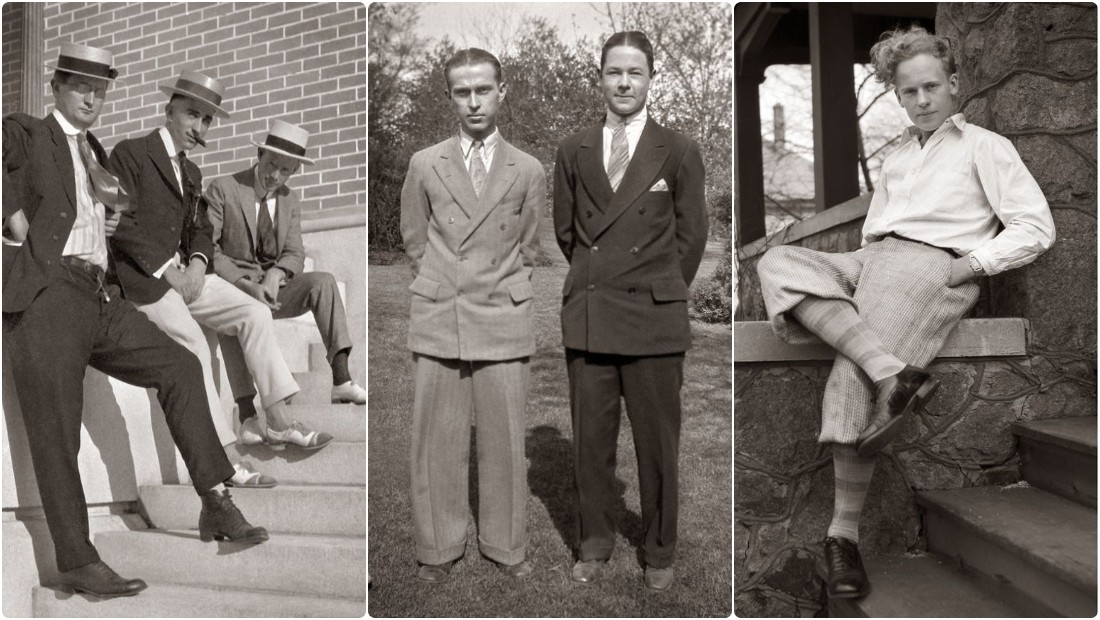Imagine a time when the world was cloaked in the shadow of the Great Depression, yet amidst the hardship, a quiet elegance persevered. The 1930s in America were a time of stark contrasts: economic despair alongside artistic innovation, and nowhere was this more evident than in the realm of fashion.
While practicality became paramount, American women refused to let style fall by the wayside. The flapper dresses of the Roaring Twenties, with their dropped waistlines and playful hemlines, gave way to more streamlined silhouettes. Think bias-cut gowns that draped gracefully over the body, emphasizing a woman’s natural curves. It was a time of lengthening hemlines, a return to more traditional feminine silhouettes, and a focus on luxurious fabrics that whispered rather than shouted.
Hollywood played a pivotal role in shaping the fashion landscape of the decade. The rise of “talkies” brought a new focus on the visual, and actresses like Joan Crawford, Greta Garbo, and Katharine Hepburn became style icons, their on-screen wardrobes influencing women across the country. Suddenly, every woman wanted to embody the glamour of Hollywood, even if it meant repurposing old garments or carefully mending worn-out fabrics.
But the story of American fashion in the 1930s is about more than just glamorous gowns and silver screen sirens. It's a story of resourcefulness, of making do with less, and of finding beauty in simplicity. Women embraced frugality, learning to mend, repurpose, and restyle their clothing, breathing new life into old garments. Sewing patterns became wildly popular, allowing women to create stylish pieces at home, often drawing inspiration from the latest Hollywood trends.
This era also saw the rise of sportswear, reflecting a growing interest in leisure activities. Knitwear, particularly sweaters and cardigans, became wardrobe staples, offering warmth and comfort. And let's not forget the iconic swimsuit designs of the decade – think sleek one-pieces with low backs and halter necklines – embodying a new era of athleticism and confidence.
Advantages and Disadvantages of 1930s Fashion
| Advantages | Disadvantages |
|---|---|
| Emphasized femininity and elegance | Limited practicality for certain activities |
| Promoted resourcefulness and creativity | Stricter social expectations regarding attire |
| Introduced iconic silhouettes that remain influential today | Limited accessibility to high-quality fabrics due to economic conditions |
The 1930s were a defining decade for American fashion, a time when style met substance in the face of adversity. It's a legacy that continues to inspire, reminding us that true elegance transcends time and circumstance.
Dynasty fantasy baseball trade chart
Starbucks gift cards your go to guide for gifting enjoying
Birthday cake for mom designs flour power moves for the queen
What clothing did men wear in the 1930s? This detailed guide shows you - Khao Tick On
Fashion History: Ladies' Fashion Designs of the 1930s - Khao Tick On
Beautiful black women of the 1930s and 40s - Khao Tick On
american fashion in the 1930s - Khao Tick On
1930s Black Fashion, African American Clothing Photos - Khao Tick On
Pin by Jaana Seppälä on 1930's daywear dresses & separates - Khao Tick On
Retro Fashion For Men What Clothing Did Men Wear In the 1930s? - Khao Tick On
american fashion in the 1930s - Khao Tick On
american fashion in the 1930s - Khao Tick On
american fashion in the 1930s - Khao Tick On
1930s Outfits: How to Get a 1930s Look - Khao Tick On
american fashion in the 1930s - Khao Tick On
A Page From A 1935 Sears Roebuck Catalog Offering An 'Autographed - Khao Tick On
From Bette Davis to Katharine Hepburn, Here Are 12 Iconic Beauties Who - Khao Tick On
45 Found Photos Defined Men - Khao Tick On














